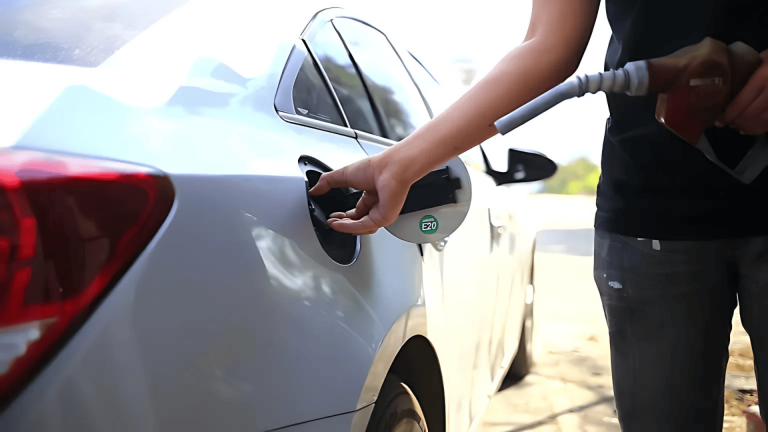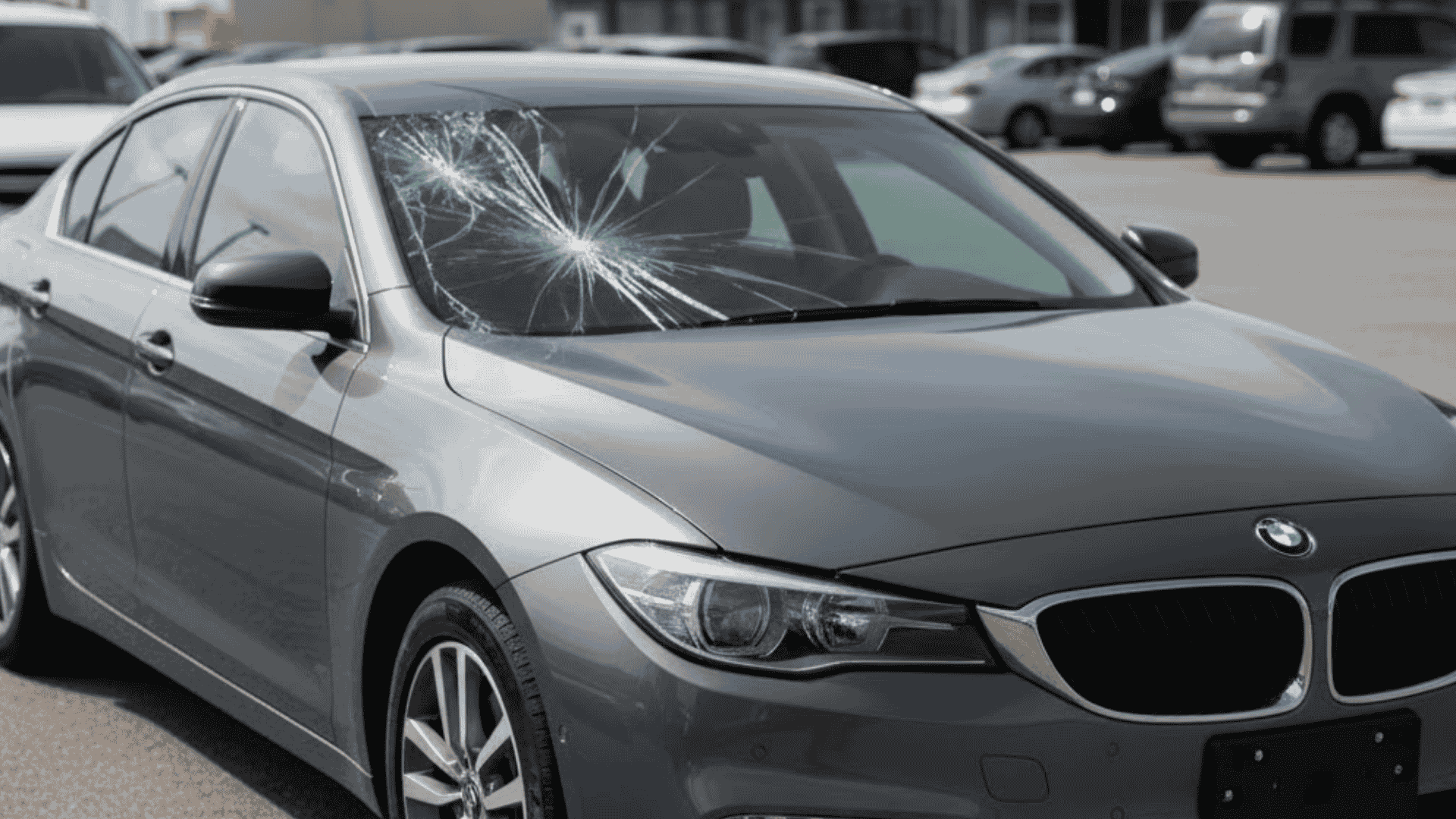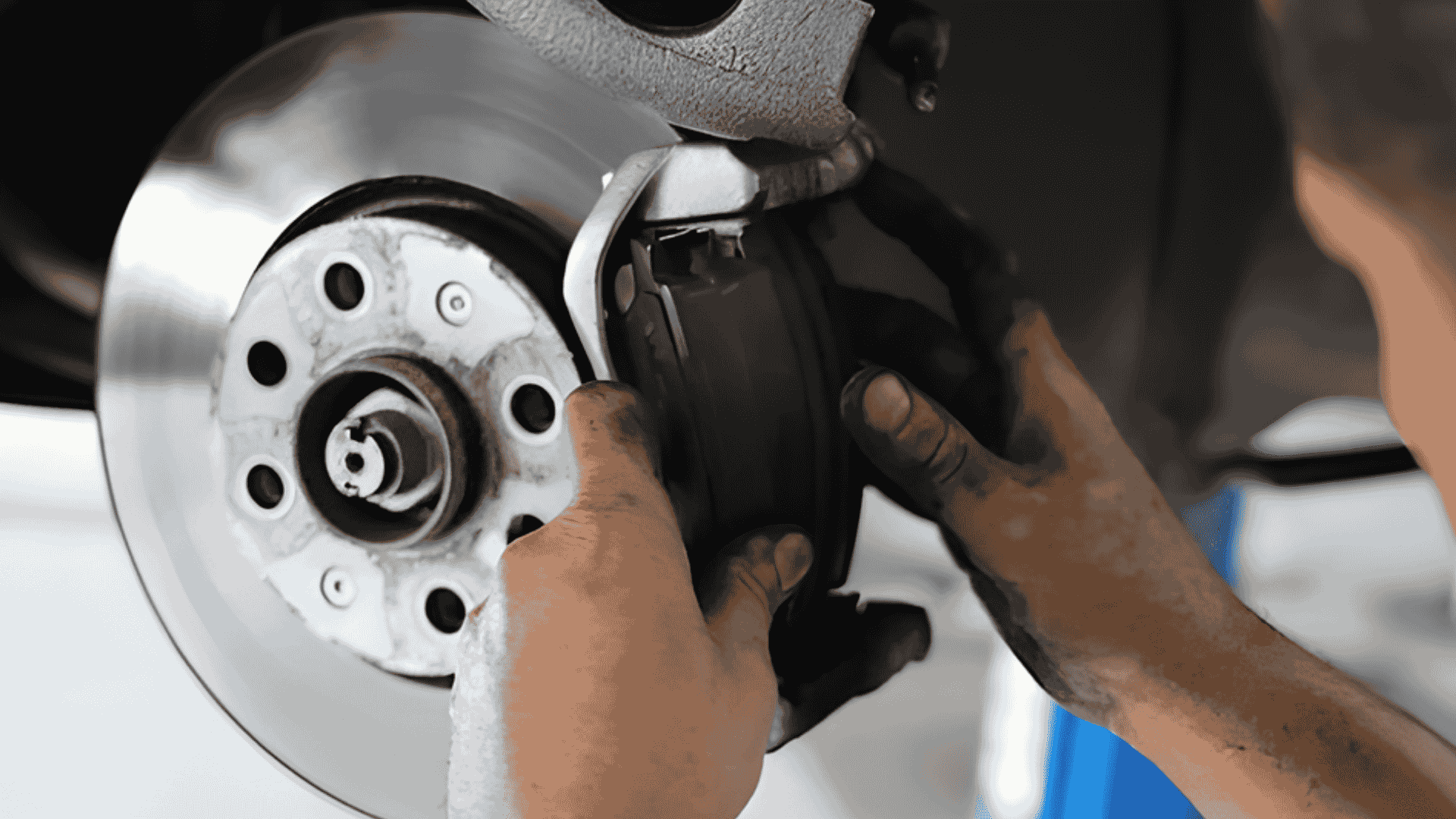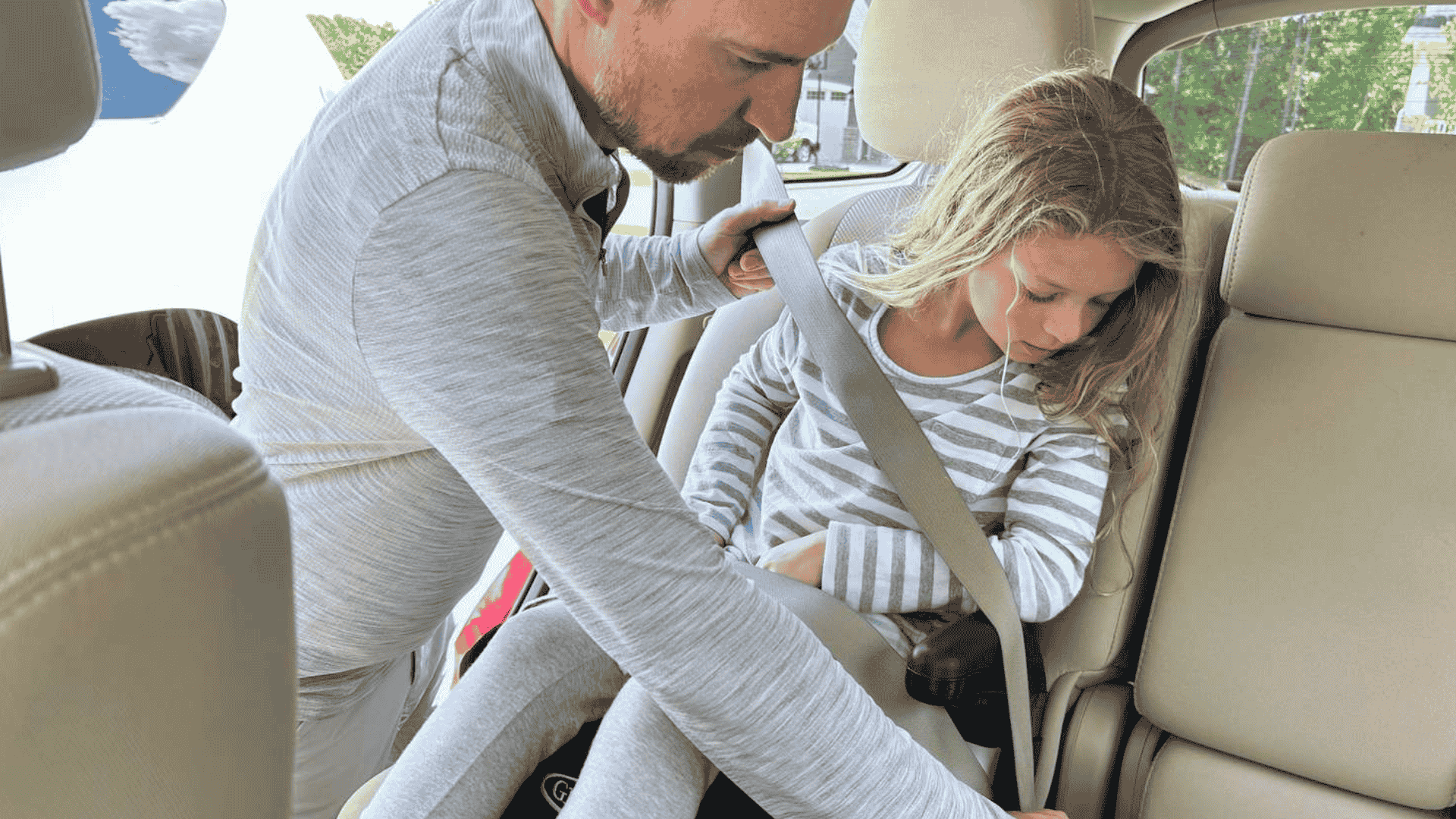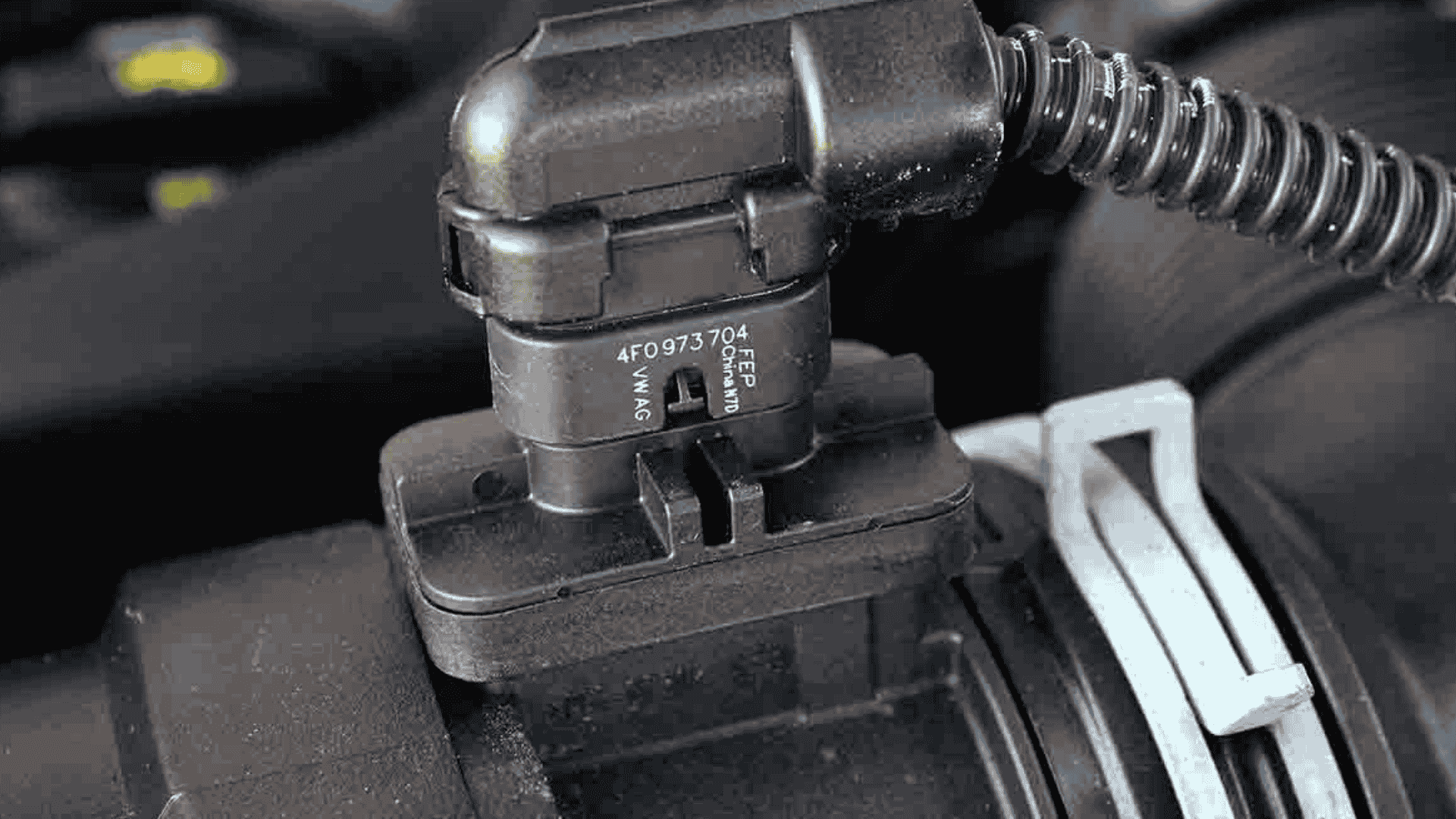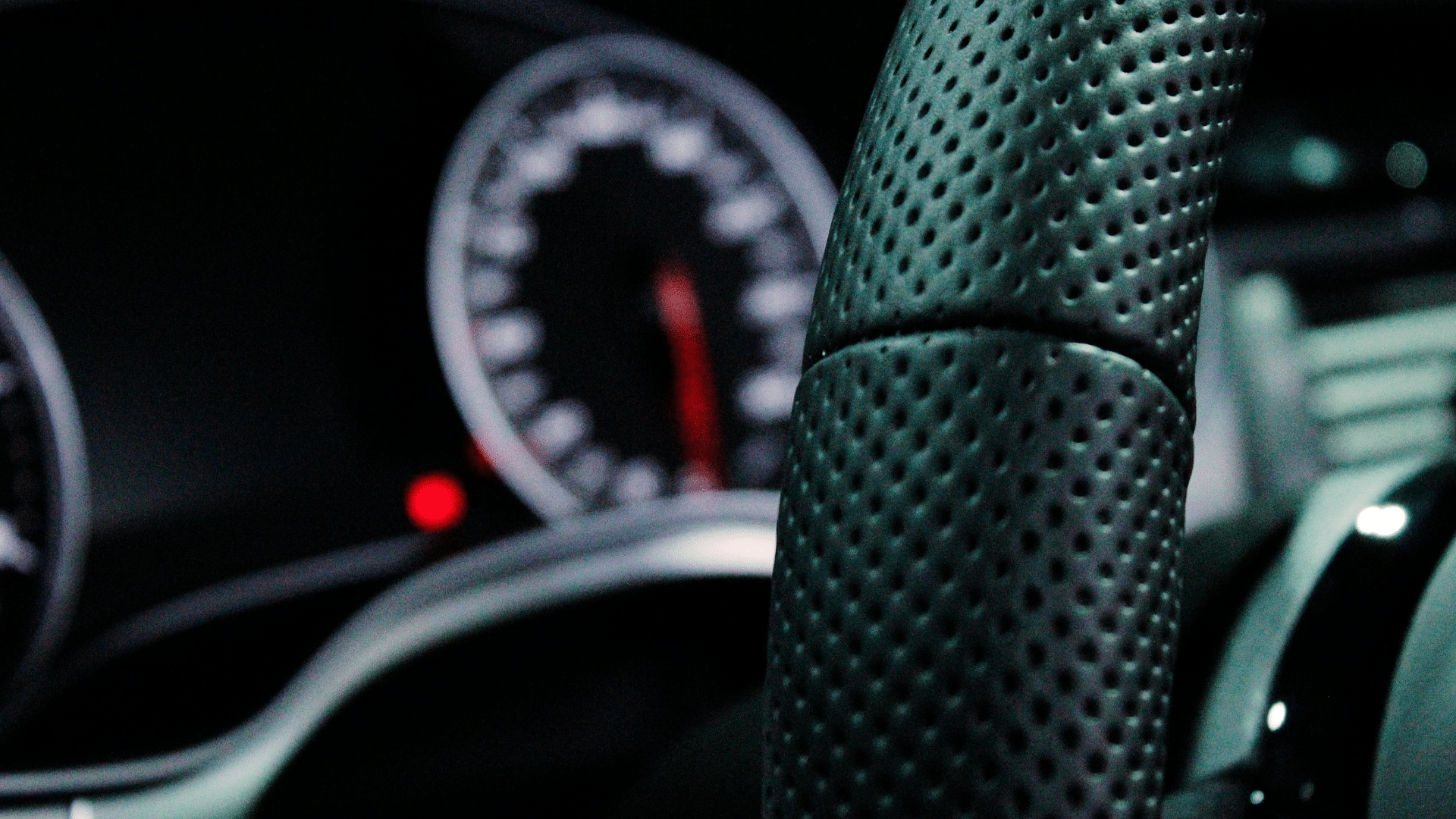I’ve learned that in car maintenance, some problems call for immediate action, and fuel leaks are among the most dangerous.
A fuel leak is not just a small puddle under your vehicle. It is a clear sign that something serious is wrong, and ignoring it can lead to big trouble.
I have seen small drips become major hazards, causing fires or expensive repairs that could have been avoided.
Understanding the causes of fuel leaks makes it easier to spot the signs early and take quick action. It also helps prevent damage to your car and keeps you safe from harmful fumes.
In this blog, I will explain the common reasons fuel leaks occur, the dangers they pose, and why regular inspections are essential for protecting your safety and your budget.
Why a Car Leaking Gas Is a Serious Safety Risk?
When gas is leaking from a car, the most urgent concern is the risk of fire or explosion. Gasoline is highly flammable, and even a small spark from electrical wiring or friction in the engine can cause it to ignite.
The danger extends beyond flames as inhaling gasoline fumes over time can lead to headaches, nausea, dizziness, and other health problems.
Prolonged exposure can make these symptoms more severe and dangerous.
Fuel leaks also harm the environment by contaminating soil and polluting water sources, which can have lasting effects.
In many cases, the cost of repairing environmental damage is significant.
Regular inspections are essential for detecting leaks early so you can address the problem before it escalates, protecting yourself, passengers, and the environment from serious and costly consequences.
Common Causes of Gas Leaking from a Car
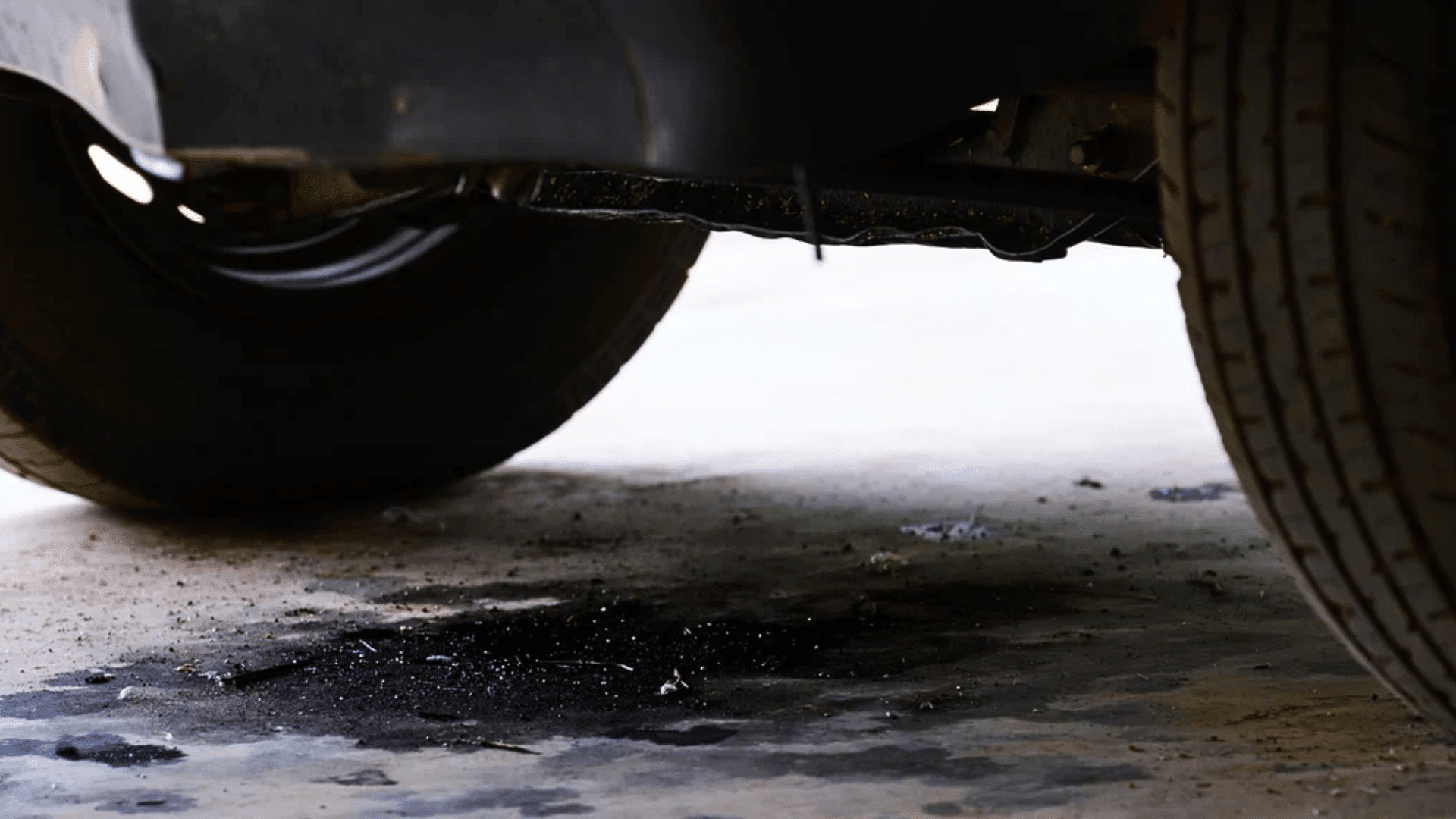
Fuel leaks can come from several parts of the fuel system, and each cause can pose serious safety and environmental risks. Identifying the source early helps prevent dangerous situations and costly repairs.
- Damaged fuel lines: Fuel lines may crack due to age, rust, or damage from road debris. Once compromised, they allow gasoline to escape, creating both a fire hazard and a health risk from fumes.
- Worn fuel tank: Over time, corrosion can weaken the tank, leading to holes or cracks. Rust is a major factor, especially in humid regions or areas where road salt is used in winter.
- Loose or faulty gas cap: A damaged or improperly sealed gas cap lets vapors escape. This wastes fuel and increases the risk of ignition near heat sources.
- Leaking fuel injector seals: Worn or damaged seals around fuel injectors can cause leaks. This not only wastes fuel but also increases fire risk in the engine bay.
- Faulty fuel pump: A cracked or damaged fuel pump housing or seal can allow fuel to leak, often near the rear of the car.
- Overfilled fuel tank: Filling the tank beyond its limit can cause fuel to overflow and leak, especially in hot weather when gasoline expands.
Common Fuel Leak Sources and How to Prevent Them
Fuel leaks can happen for many reasons, and each source carries its own level of danger. Knowing where leaks commonly start helps you take preventive steps before they become serious.
| CAUSE | RISK LEVEL | PREVENTION METHOD |
|---|---|---|
| Damaged fuel lines | High | Regular inspection & replacement |
| Rusty fuel tank | High | Rust-proof coating & maintenance |
| Faulty gas cap | Medium | Replace worn caps immediately |
| Injector seal leak | High | Inspect seals during servicing |
| Overfilled tank | Low | Avoid topping off after auto-stop |
How to Identify a Fuel Leak Early?
Spotting a fuel leak before it worsens can prevent dangerous accidents and expensive repairs. Paying attention to changes in smell, appearance, or performance can help you act quickly.
- Visible puddles or stains: A dark, strong-smelling liquid under your car often indicates a fuel leak. Gasoline usually pools near the middle or back of the vehicle.
- Strong fuel smell: A persistent gasoline odor inside or outside your car means vapors are escaping. This is a major sign that something is wrong in the fuel system.
- Drop in fuel efficiency: A sudden decrease in mileage often indicates fuel is leaking instead of being used by the engine.
- Engine misfires or stalling: Leaks can affect fuel delivery, causing the engine to misfire or even stall unexpectedly.
- Check engine light: While it has many triggers, a fuel leak can be one reason this warning appears on your dashboard.
- Hissing sounds near the fuel system: Unusual sounds from the fuel tank area may mean pressurized fuel is escaping through a leak.
When to Schedule a Fuel System Inspection?
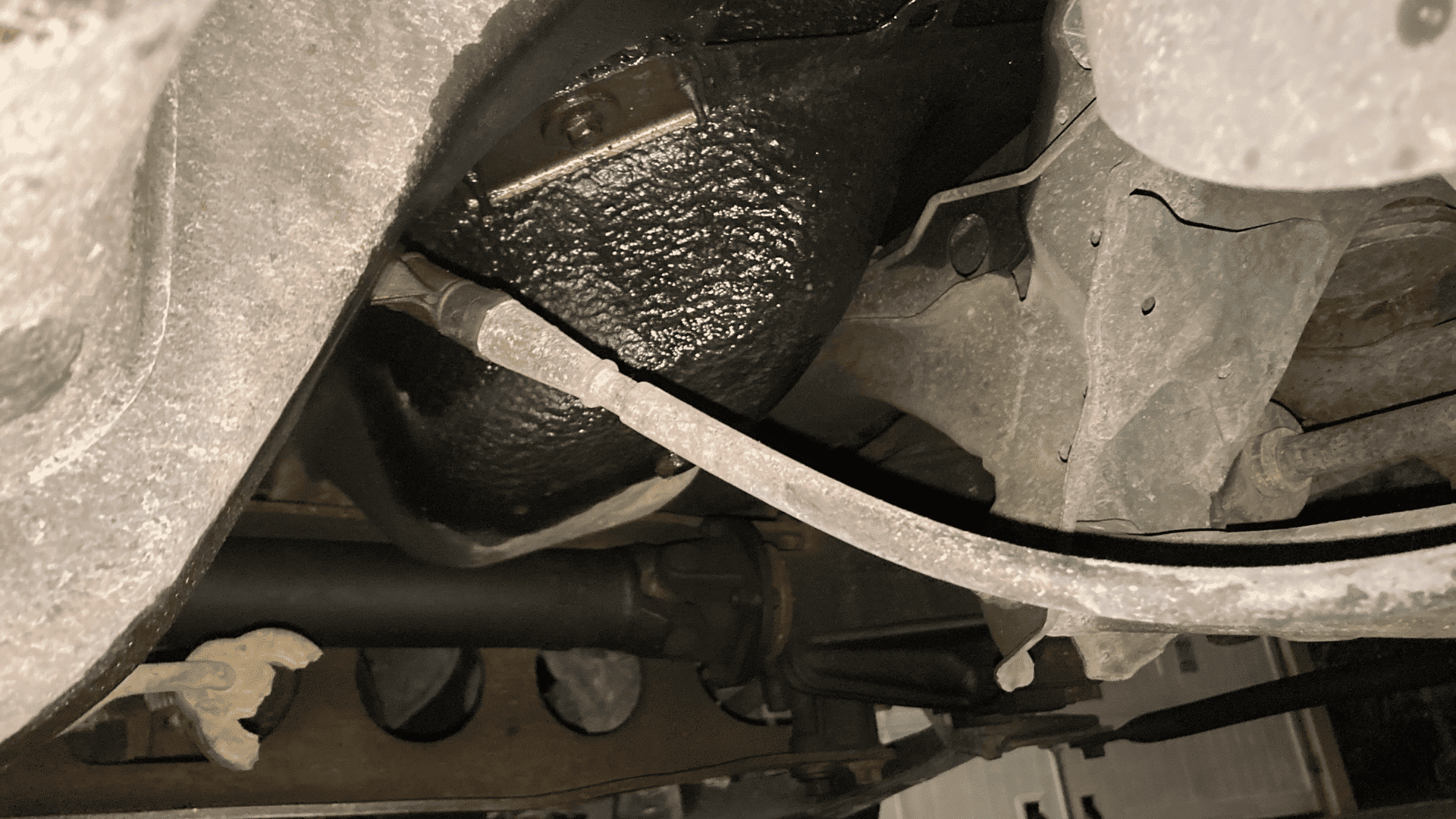
Knowing the right time to have your fuel system inspected can make a big difference in preventing leaks and avoiding costly repairs.
Schedule a check right away if you notice fuel smells, stains under your car, or a sudden drop in fuel efficiency. Rust around the fuel tank, difficulty starting the engine, or occasional stalling can also point to developing problems.
Even if these issues seem small, they can quickly escalate into dangerous situations involving fire risks and environmental damage.
A professional inspection fixes worn parts, loose connections, or early corrosion before they cause serious harm.
Making inspections a priority keeps your vehicle safe, maintains performance, and protects both you and your passengers from potential hazards.
What to Do if You Find Gas Leaking from Your Car?
A fuel leak should always be treated as an emergency. Acting quickly can reduce the risk of fire, protect your health, and prevent further damage to your vehicle.
- Stop driving: Pull over to a safe and well-ventilated location away from traffic, sparks, or open flames. This reduces the risk of ignition and keeps you and others safe.
- Call for help: Contact a trusted mechanic or roadside assistance right away. Professional attention ensures the leak is properly diagnosed and repaired.
- Avoid ignition sources: Do not smoke, use lighters, or operate electronics near the vehicle. Even small sparks can ignite fuel vapors.
- Contain the spill if safe: If you can do so without risk, use absorbent material to limit the spread of fuel on the ground.
- Warn others nearby: Let people around you know about the leak so they keep a safe distance from the car.
- Document the incident: Take photos of the leak area for insurance or repair records before towing or repairs begin.
Preventing Car Leaking Gas Incidents
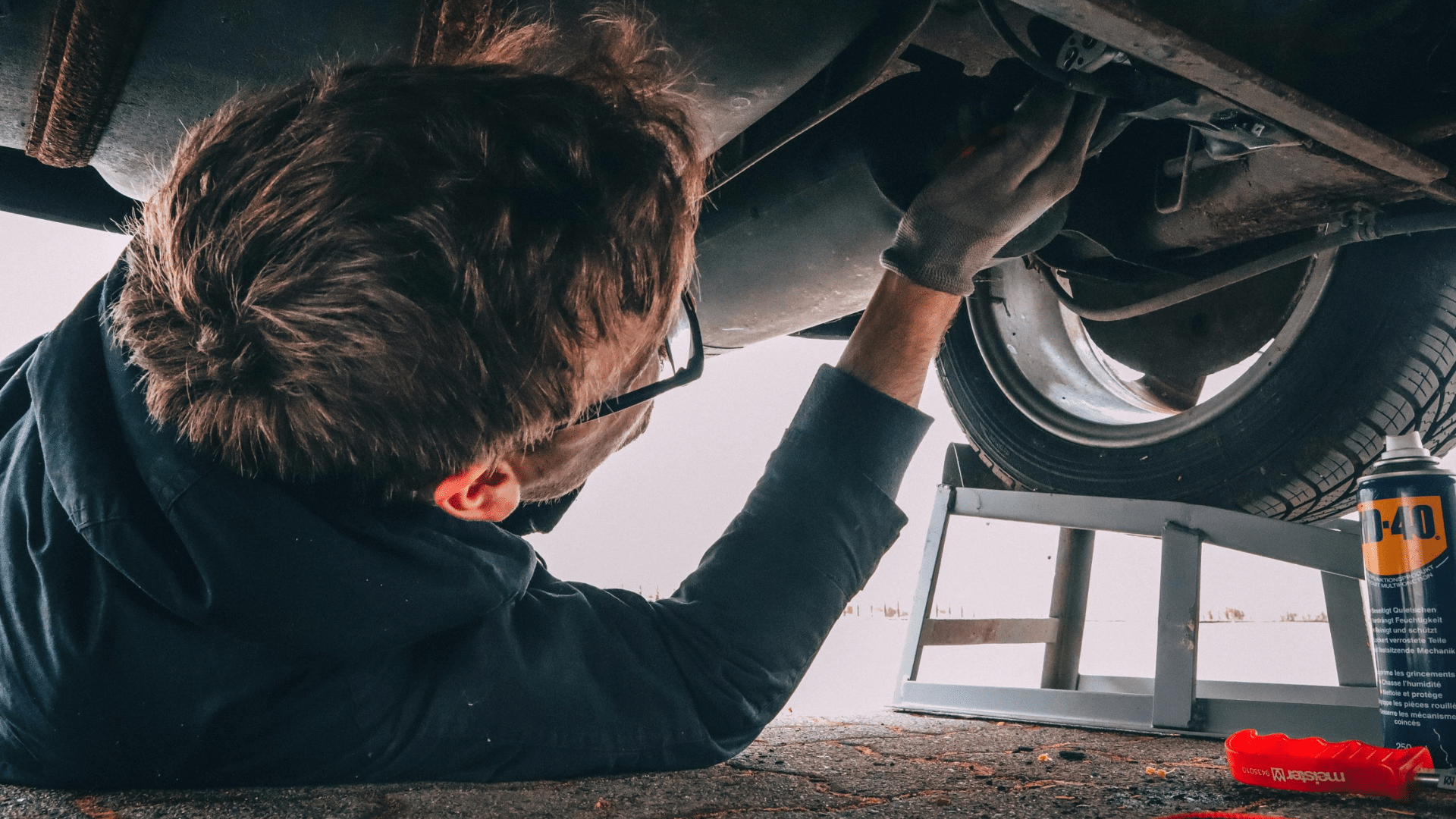
Taking preventive measures is the easiest way to avoid dangerous and costly fuel leaks. Simple habits and timely maintenance can make a big difference in keeping your car safe and efficient.
- Regular inspections: Have your fuel system checked at least twice a year. Mechanics can find worn hoses, rusted tanks, or faulty seals before they cause a leak.
- Quality repairs: Always choose certified parts and skilled mechanics for fuel system repairs. Poor workmanship can lead to recurring leaks and higher repair bills.
- Safe refueling practices: Do not overfill your tank, and always secure the gas cap after refueling. These small habits prevent fuel overflow and vapor loss.
- Protective coatings: Apply rust-proof treatments to the fuel tank, especially in areas with wet or salty road conditions. This slows down corrosion and extends tank life.
- Monitor fuel smell: If you notice even a faint fuel odor, get your car inspected right away. Early checks can prevent bigger issues.
- Keep records: Maintain a log of fuel system inspections and repairs. This helps track issues and ensures timely maintenance.
Conclusion
I have always believed the smartest way to avoid dangerous and costly problems is to take action before they become serious.
If I see gas leaking from my car, I treat it as an emergency and address it immediately. A fuel leak can put lives at risk, harm the environment, and cause expensive damage if left unattended.
Regular inspections can catch problems early, and quick repairs can stop small issues from becoming major hazards.
Safe fueling habits, such as securing the gas cap and avoiding overfilling, also make a big difference. I hope this guide has helped you understand why fuel leaks should never be ignored.
Share this with friends or family so they can protect themselves and their vehicles from the serious risks caused by fuel leaks.


